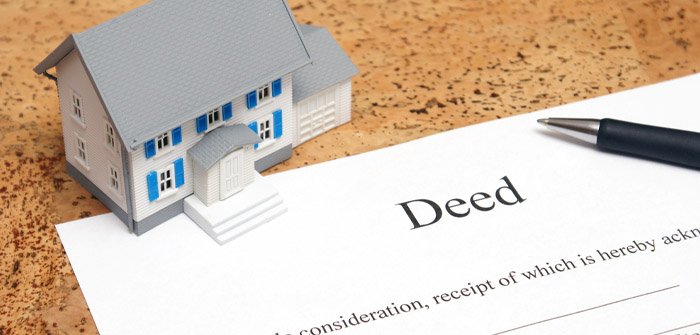Unlocking Property Conveyancing in Kenya: A Comprehensive Overview
Property conveyancing in Kenya serves as the cornerstone of real estate transactions, facilitating the transfer of property ownership while safeguarding the rights and interests of buyers, sellers, and other stakeholders. In this comprehensive overview, we delve into the intricacies of property conveyancing in Kenya, exploring its processes, key players, legal framework, challenges, and best practices.
Understanding Property Conveyancing
Property conveyancing encompasses the legal and administrative processes involved in transferring property ownership from one party to another. Whether buying, selling, or transferring property through inheritance or gift, conveyancing ensures that transactions are conducted lawfully and transparently, with clear title and proper documentation.
Key Players in Property Conveyancing
- Conveyancing Lawyers: Qualified legal professionals specializing in property law play a central role in conveyancing transactions. They provide legal advice, draft contracts, conduct due diligence, and facilitate the transfer of property titles.
- Real Estate Agents: Estate agents act as intermediaries between buyers and sellers, assisting in property searches, negotiations, and marketing. While not legally required in conveyancing transactions, their expertise and network can streamline the process.
- Land Surveyors: Surveyors play a crucial role in verifying property boundaries, conducting surveys, and preparing accurate land maps, ensuring that buyers receive clear and unencumbered title deeds.
- Government Authorities: Various government agencies, such as the Ministry of Lands, County Governments, and the Land Registry, regulate and oversee property transactions, issuing title deeds, conducting land searches, and registering property transfers.
Legal Framework for Property Conveyancing
Property conveyancing in Kenya is governed by a combination of statutes, regulations, and common law principles, including:
- The Land Registration Act
- The Land Act
- The Transfer of Property Act
- The Law of Succession Act
- The Stamp Duty Act
- The Constitution of Kenya, which recognizes and protects property rights
These legal provisions establish procedures for property registration, transfer, and dispute resolution, ensuring transparency, security of tenure, and the protection of property rights.
Challenges and Best Practices
Challenges facing property conveyancing in Kenya include:
- Title Deed Delays: Lengthy and cumbersome processes for obtaining title deeds contribute to delays and inefficiencies in property transactions.
- Fraud and Land Disputes: Cases of fraud, land grabbing, and boundary disputes pose risks to property ownership and require vigilant due diligence and verification.
- Informal Settlements: Informal settlements and undocumented land transactions present challenges for formalizing property rights and regulating land use.
Best practices in property conveyancing include:
- Due Diligence: Conducting thorough due diligence, including land searches, title investigations, and survey assessments, to verify property ownership and identify any encumbrances or legal issues.
- Clear Contracts: Drafting clear and comprehensive sale agreements that outline the rights and obligations of both parties, including purchase price, payment terms, and timelines.
- Professional Guidance: Engaging qualified conveyancing lawyers and real estate professionals to navigate the complexities of property transactions and ensure compliance with legal requirements.
Conclusion
Property conveyancing in Kenya plays a vital role in facilitating property transactions, promoting investment, and safeguarding property rights. By addressing challenges, adhering to best practices, and upholding the principles of transparency and legality, Kenya can foster a robust and secure real estate market that benefits all stakeholders.



